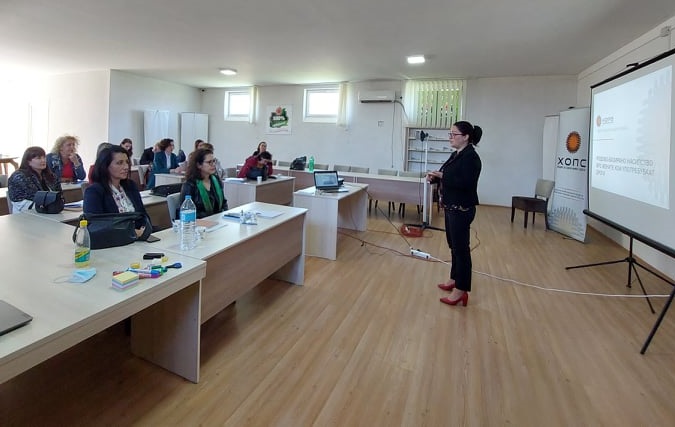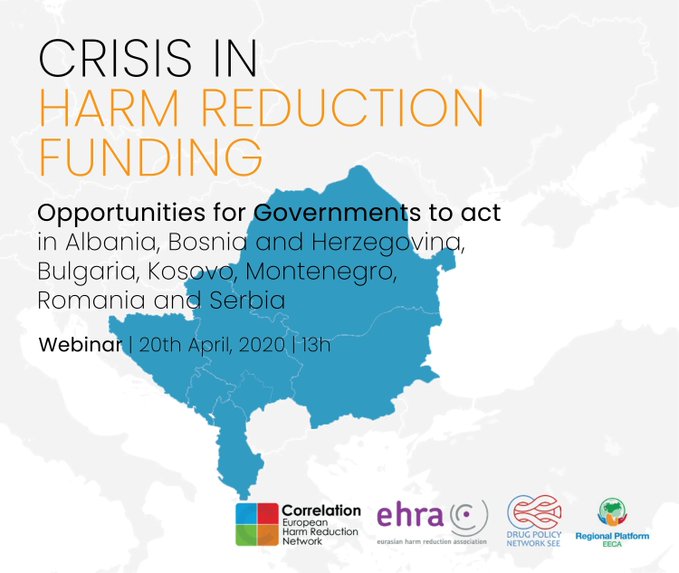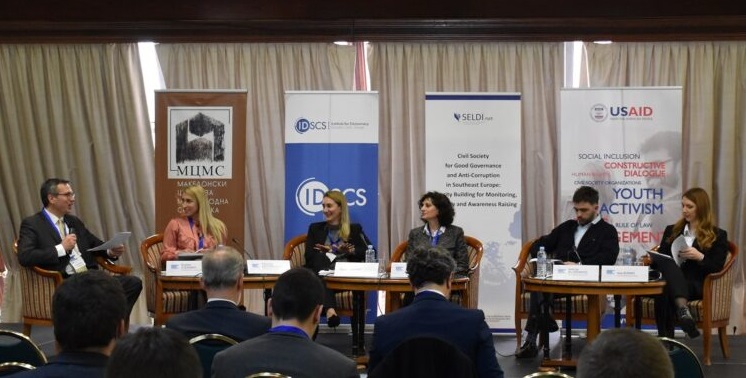From the Positive Voice webpage
The Association of HIV-positive people of Greece Positive Voice, DPNSEE member organisation, warmly welcomes the opening of the Supervised Use Area (XEX) “STEKI 46” by The Organisation Against Drugs OKANA. After more than ten years from the epidemic of HIV in people who use substances in the center of Athens and after the cessation of the operation of “Odysseus” – the first site that operated as a pilot for some time (2013) on the initiative of the then President of OKANA, Professor of Psychiatry Mr. Mallioris – finally a permanent claim of the Civil Society professionals in the field, but also of the involved community that has been affected by the absence of such structures.
In a meeting held on 18 April 2020, in the presence of the Prime Minister Mr. Kyriakos Mitsotakis, the President of OKANA Athanasios Theocharis and the representative of the Positive Voice, responsible for Harm Reduction issues, Marios Atzemis, presented a number of urgent issues.
Positive Voice hopes that the site can provide both smooth operation of the space and full utilization of the multidimensional to the population of the most vulnerable people who use substances.
According to the European Monitoring Center for Drugs and Drug Addiction, the safe consumption areas provide a safe framework for the use of substances in hygienic conditions under the supervision and the possibility of immediate intervention by qualified personnel. They are harm reduction services, the usefulness and effectiveness of which have been proven many times over.
XEXs function essentially as prevention sites for opiate overdose and as centers for preventing the transmission of blood-borne infections, such as HIV and hepatitis. They are also often a gateway for a multi-excluded, heavily stigmatized and marginalized population to various services that would not otherwise be accessible to them.
From Positive Voice’s experience in the field, any structure, strategy and practice of harm reduction not only saves lives, but can be the bridge to reintegration and facilitate access to any form of treatment.
“In order for all this to happen, one must first stay alive. Every year in Greece we mourn deaths that could have been prevented by simple means. “Every death from overdose is a manifestation of the failure of the drug policies in our country so far.”
This was pointed out, among others, by the person in charge of harm reduction of Positive Voice, Marios Atzemis, in a joint speech with the President of OKANA, Mr. Athanasios Theocharis, within the 2nd European Symposium of Controlled Uses (2nd European Symposium of Drug Consumption Rooms) organized by the Pompidou Group of the Council of Europe and took place at the latter’s premises in Strasbourg on 1 July last year.
There is still much to be done to improve the conditions under which substances are used in the center of Athens. This is undoubtedly a step in the right direction, always centered on the common and unified strategy followed by the European Union on Drugs and the Joint European Action Plan. If the guidelines of the Commission and the Council of Europe are consistently followed, Greece can see significant improvements in the conditions of use and quality of life of people who use substances, as they have shown examples of cities such as Lisbon, Rome and Amsterdam where the European directives were implemented.
“Drug policies are not judged by intentions but by the result and the existence of such places brings tangible, measurable results“, concludes Marios Atzemis.
Based on the requests we made to the National Committee for Drugs, the requests that arise from the field and the developments in it, but also based on the constant and timeless requests, the Positive Voice claims:
- Immediate adoption of the new National Action Plan on Drugs by the diligent inter-ministerial committee of Surveillance Areas in each area where there is a concentration of people who use high risk
- Approach of the competing populations where they are, by strengthening the services in the field (state, Civil Society) but also further strengthening each front line service, such as e.g. the distribution of sterile utility equipment
- Extending the legal framework for naloxone – an antidote to opioid overdose – to pass into the hands of civil society organizations and the community directly involved, its users and relatives, a practice which in foreign countries has prevented countless unjust deaths
- Evaluation of all services aimed at people who use psychoactive substances by themselves
- Involvement of the community directly affected in the design and implementation of policies and services that directly affect the lives of its members
- Inclusion of the special needs of the populations involved (gender issues, LGBTQI + inclusion, interpretation and intercultural approach to design, services of detoxification structures)
- Ensuring the human rights of those who use it
- Strengthening and staffing of the Special Infections Units and establishing their cooperation with the substitution units but also with those of the “dry” programs
- Complete, appropriate and free primary and secondary mental health services
- Creating harm reduction services for people who use substances found in penitentiary establishments
- Training of security forces and health professionals
- Combating homelessness and precarious housing with the immediate reopening of state-owned housing and the further creation of new accommodation and housing structures for people using in Athens and Thessaloniki
- Identify and combat the factors that contribute to the further stigmatization, marginalization and social exclusion of people who use “problematic” substances
Drug use is a manifestation of the complexity of human behavior and existence, and addiction – according to modern views – is often the result of a complex and divisive trauma.
The full information note on the visit of Prime Minister Kyriakos Mitsotakis to the Supervised Use Area “STEKI 46” of OKANA is available (in Greek) following this link>>>.
Watch the entire discussion here
https://youtu.be/D9Pxpjx-n5k


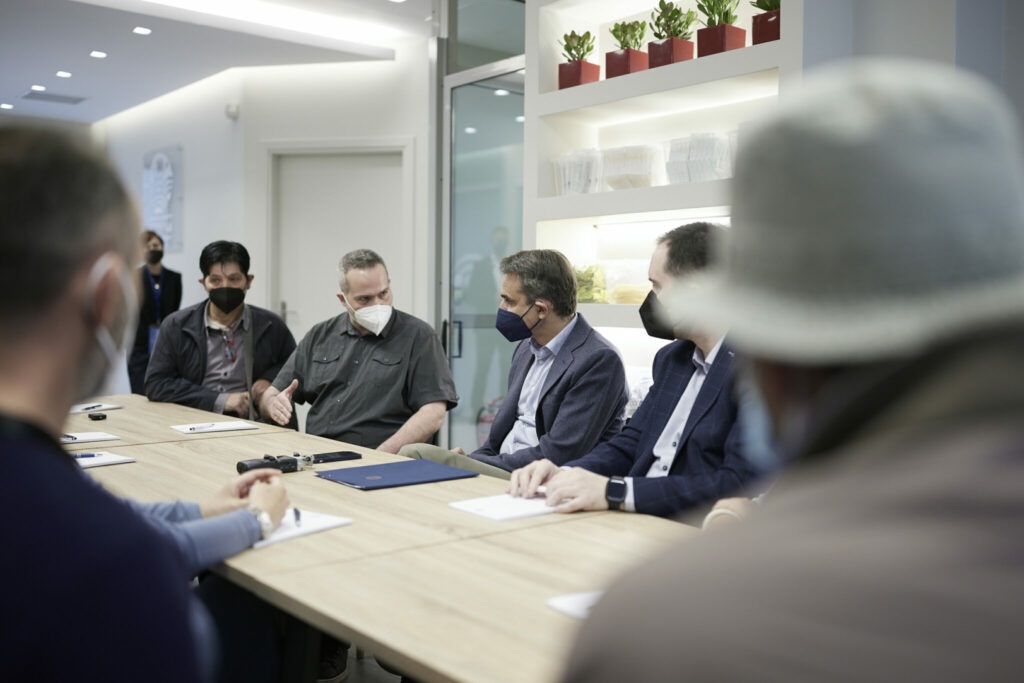
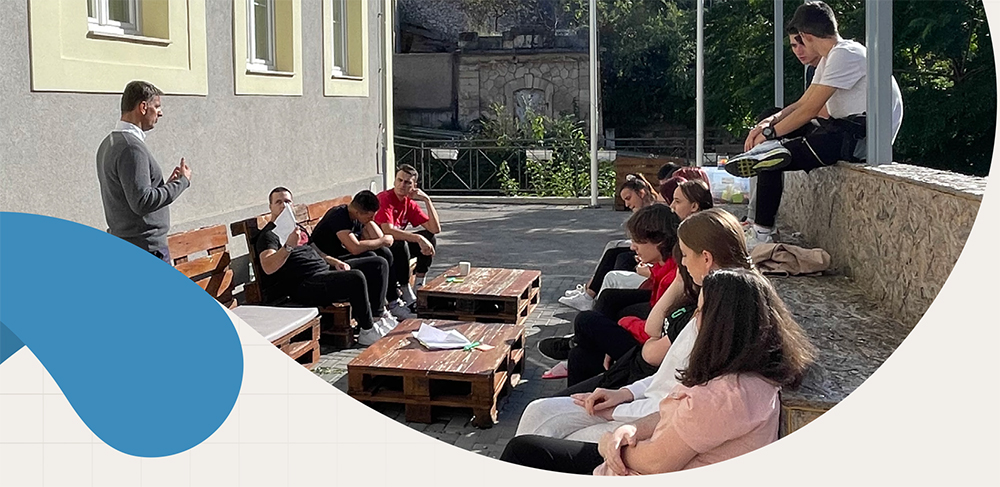
 To read the Report,
To read the Report, 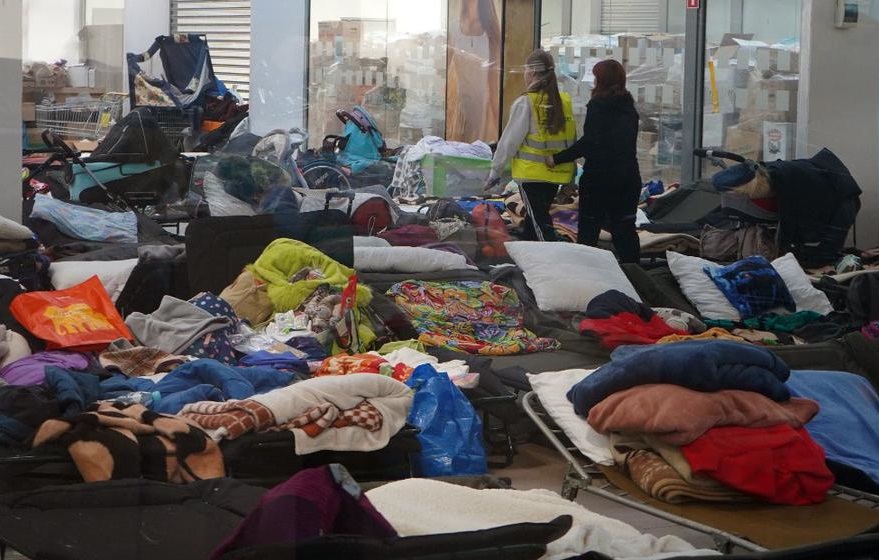
 To read full Statement,
To read full Statement, 
 On the 20th of April 2022, the three Networks organized a Webinar on Harm reduction crisis in South East Europe. During this event, national decision-makers from the region, researchers, harm reduction service providers, community and civil society representatives came together to present and discuss the key findings of the research activities.
On the 20th of April 2022, the three Networks organized a Webinar on Harm reduction crisis in South East Europe. During this event, national decision-makers from the region, researchers, harm reduction service providers, community and civil society representatives came together to present and discuss the key findings of the research activities. During this webinar, C-EHRN, EHRA and DPNSE present the research
During this webinar, C-EHRN, EHRA and DPNSE present the research 
